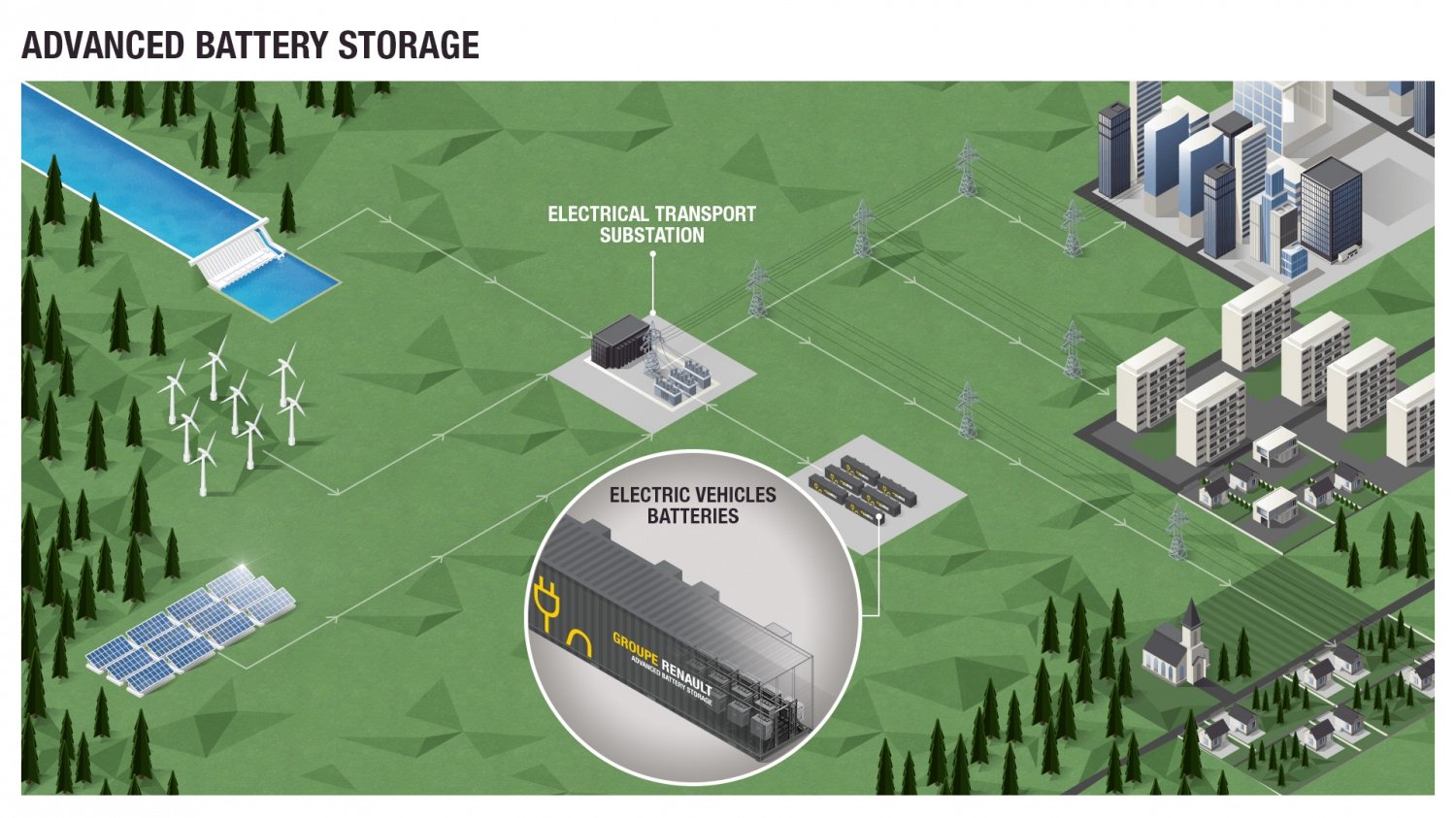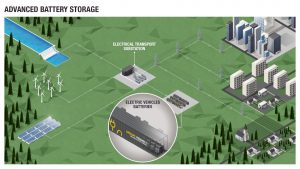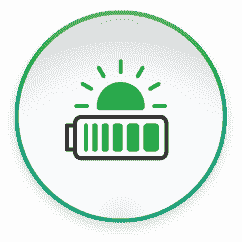Keep the lights on with one of these backup power sources.
When you live somewhere with extreme weather or regular power outages, it’s a good idea to have a backup power source for your home. There are various types of backup power systems on the market, but each of them serves the same primary purpose: keeping your lights and appliances on when your power goes out.
In the past, fuel-powered standby generators (also known as whole house generators) have dominated the backup power supply market, but reports of risk of carbon monoxide poisoning have led many to search for alternatives. Battery backups have emerged as a more eco-friendly and potentially safer option to conventional generators.
Despite performing the same function, battery backups and generators are very different devices. Each one has a particular set of advantages and disadvantages, which we’ll cover in the following comparison guide. Keep reading to find out about the main differences between battery backups and generators and decide which option is right for you.
Home battery backup systems, such as the Tesla Powerwall or the LG Chem RESU, store energy, which you can use to power your house during an outage. Battery backups run on electricity, either from your home solar system or the electrical grid. As a result, they’re much better for the environment than fuel-powered generators. They’re also better for your wallet.
Read more: c|net
It’s Time to Go Green!
If you would like to know more about Solar Panels and the PowerBanx range of home battery systems, and get a free instant quote, please complete our online form:







